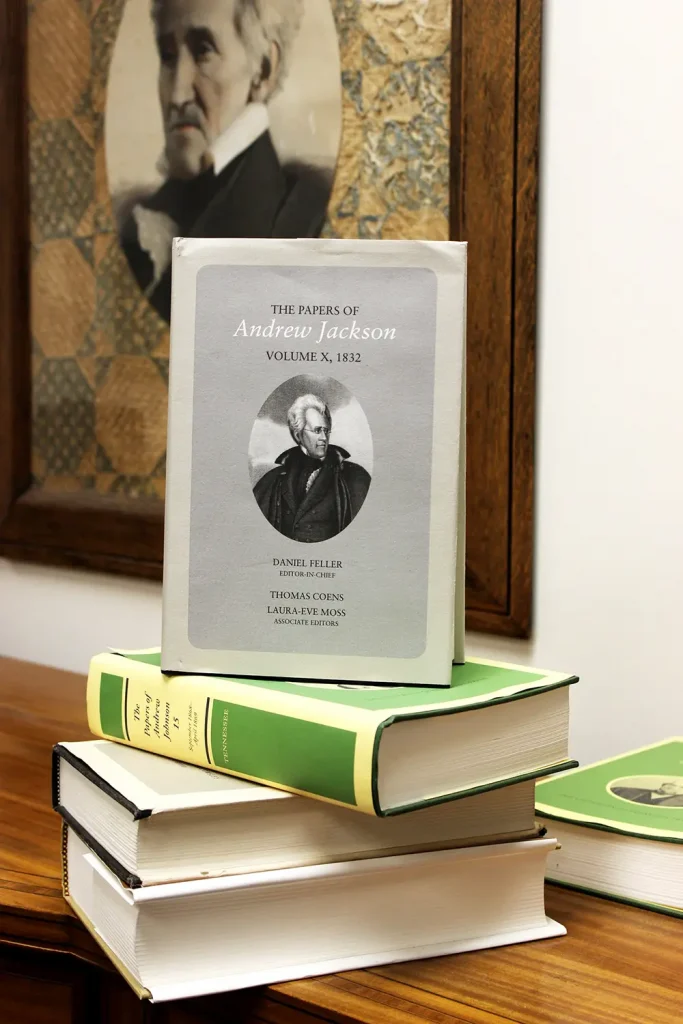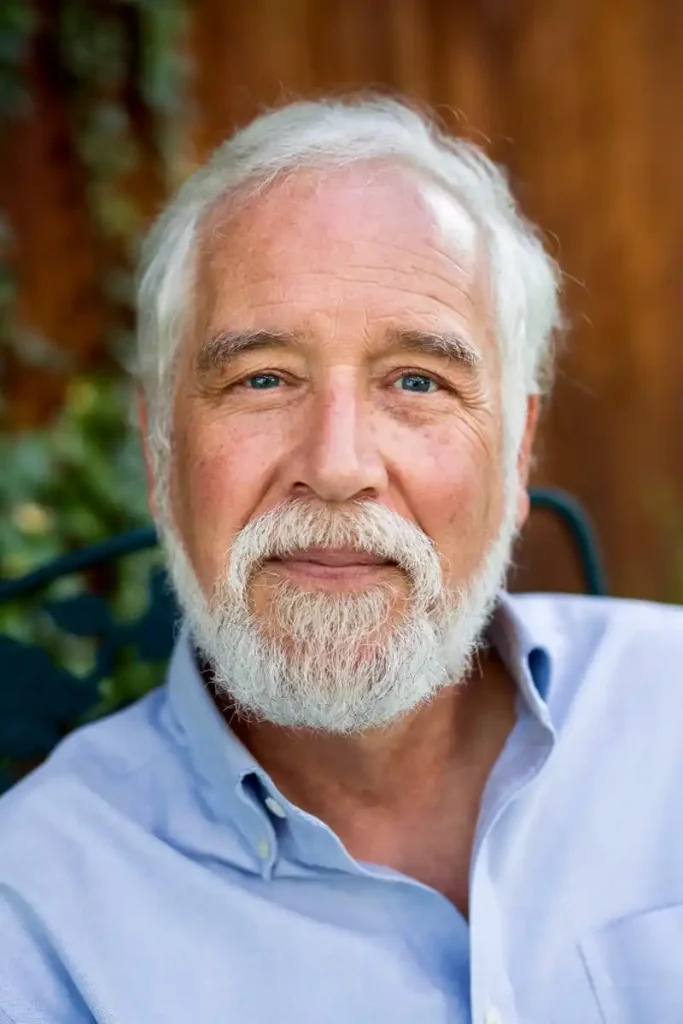Humanities Grants Support Historical Research on Retirement, Andrew Jackson

Two new grants from the National Endowment for the Humanities will support research for a book on the history of retirement in America and the continued publication of US President Andrew Jackson’s papers, exploring the last years of his administration.
The NEH funding will contribute to both a new project and a long-term effort under the Department of History at the University of Tennessee, Knoxville.
American history Professor Ernest Freeberg is delving into a relatively new experience with his book Inventing the Golden Years: A Cultural History of Retirement in America. The NEH awarded $55,000 for him to explore the origin and evolution of retirement practices, policies, and priorities.
“Historical research can be a great tool for helping us examine things in our own lives we can easily take for granted,” he said. While people today assume they will have a period after their careers end, he notes, “until the mid-20th century, most people worked until they were too old and sick to continue.”
The latest in a string of three-year, $300,000 NEH awards for the Papers of Andrew Jackson project will support work covering the final two years of his presidency, 1835 and 1836, adding to a dozen volumes already produced at UT.
“Several crucial stories that we’ve been tracing in previous volumes will reach key turning points in these volumes, including the ongoing conflict over Cherokee removal, the onset of the Texas Revolution, and the beginning of the Second Seminole War,” said Professor Michael Woods, the award recipient. “These years also saw important developments in the internal politics of Jackson’s Democratic Party as his supporters anticipated the 1836 presidential election.”
“Dr. Freeberg’s and Dr. Woods’s accomplishments are remarkable—the NEH awards are a reflection of the superb work that they are pursuing,” said Michael J. Blum, associate dean of research and creativity in the College of Arts and Sciences. “It is also worth noting that their success extends our faculty’s exceptional record in securing NEH funding.”
Meaning After Retirement

Freeberg is exploring the various ways Americans have decided how to use their time in meaningful ways after they are free from the discipline of work. “It’s a good question, universal really, but in other ways our answers to that question are unique to our own place in history,” he said.
He has been reading the papers of pioneers in the field of gerontology, as demographics shifted and millions of healthy older Americans could leave the job market. “They examined the bias against older people in a youth-oriented culture, whether retirees should learn to find new ways to serve society or should instead learn to relax and finally play,” Freeberg said. “Others debated whether older men and women were interested or even capable of continuing to evolve, creatively and intellectually. And I have looked at the papers of the first generation of age-restricted retirement communities, little laboratories for middle-class Americans working out their own version of the ‘pursuit of happiness.’”
Freeberg has published four previous books, the most recent in 2020: A Traitor to His Species: Henry Bergh and the Birth of the Animal Rights Movement. “I have always aimed to write history that contributes to scholarly knowledge of a topic, while also engaging a wider audience of non-specialists,” he said. “I appreciate that the NEH recognizes the value of that sort of public-facing research, and am grateful that they agree with me that a book tracing the history of our ideas about retirement could reach that wider audience of readers.”
“We are thrilled that Dr. Freeberg has gotten NEH support for his fascinating project on the history of retirement in America. It promises to be a wonderfully compelling study,” said Susan C. Lawrence, head of the Department of History.
Making History Accessible
The Papers of Andrew Jackson project already has published a dozen volumes—in print and by free digital download—in the effort to make the literary record of the seventh US president readily available. In the past year the project has tracked nearly 5,000 downloads across the globe.
“I’m proud of how often our work is cited by historians and other scholars working on an immensely wide range of topics,” said Woods, who is the director of the project. “The PAJ volumes are regularly cited in books, journal articles, and dissertations.”
For example, Jefferson Cowie included a citation in Freedom’s Dominion, which won the 2023 Pulitzer Prize for History.
“Funding for the Papers of Andrew Jackson project from the NEH is vital for the continuation of this editorial production, which we have been proud to work on for nearly forty years,” Lawrence said. “We are delighted that Dr. Woods has been successful again in this competition.”
By Amy Beth Miller